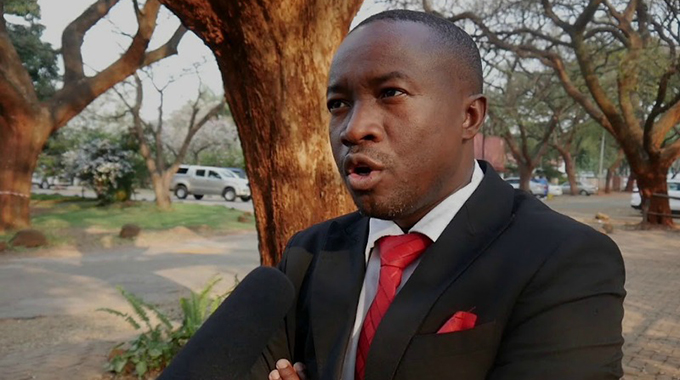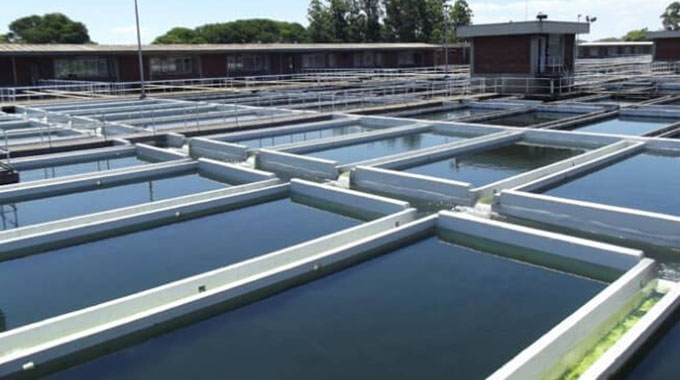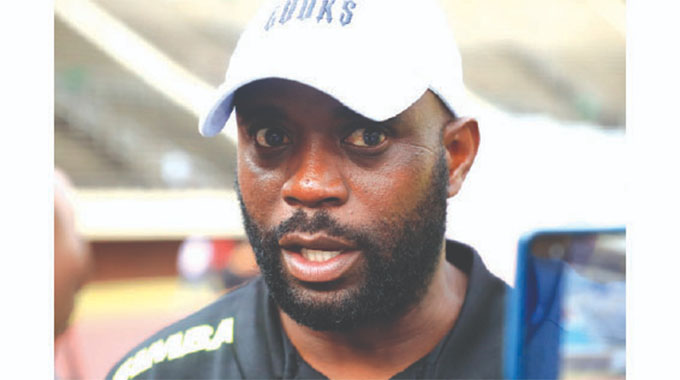Zemura’s contract extension exposes ZIFA

Phillip Zulu in LEEDS, England
JORDAN Zemura’s recent professional contract extension with his English Championship club, AFC Bournemouth, is a good testament of how modern top-flight football works in terms of young player development platforms within their structures and outside.
Top clubs have broadened their scope, focus and engagement of how they manage their youngsters on their books as they hope to build sustainable development programmes within their organisation and any other alternative pathways that are directly linked to their long-term plans.
Zemura’s fine performances against Algeria, both in Algiers and Harare during the African Cup of Nations qualifiers last month, is highly reflective of how national federations globally should approach young player development programmes under their junior national teams of Under-15, 17, 20 and 23 with great care, dynamism and pragmatism.
Modern day international tournaments and teams are under serious scrutiny of qualitative intermarket valuations of their respective squad players that compose them.
Brazil is by far the most highly competitive national team, right from the Under-15s to their senior national team, the index in terms of the transfer market valuations of their players is just mouthwatering and a marvel to scrutinise.
Brazil’s national teams are a global brand that are an envy of every aspiring national football federation that seek to propagate similar systems and trends that have highly influenced their development and progress.
ZIFA have a lot to learn from this positive development from Bournemouth, that a young 21-year-old international player gets an improved professional contract after playing just two competitive international fixtures for Zimbabwe against a side that had top talented players like Riyad Mahrez of Manchester City and Mohamed Said Benrahma of West Ham.
International tournaments and the respective countries that participate at these high profile fixtures provide salient opportunities for further development of young, upcoming talents and these platforms, if prudently designed programmes are applied and implemented. The long-term objectives of exposing young talents to play against established top-flight players enhances their confidence, stability and progress.
Zemura is a fine example of a young player who represented his country with conviction and his performance was full of praise from his national team coach Loga and the multitudes of fans out there.
My simple observation on Zemura is that when we started campaigning for his international invitation some three-and-a- half-years back, that was the most opportune time for his development through the national junior teams under Zimbabwe’s Under-17 and Under-20 sides, but unfortunately it didn’t happen.
I remember very well (local football scout) Mistry Chipere singing praises of Jordan Zemura when the youngster, then aged 16, had agreed to represent Zimbabwe and, for almost four years, all the hopes of being an international player in youth tournaments had been dashed. The exposure that came along when Jordan played for his country in the last two crucial games brings forth a new realm of development pathways that must be pursued intently with ZIFA, as our global ranking under FIFA improved by three digits upwards.
Player quality is critical in any international football federation set-up. Our index of 108, from 111th position, should encourage a vigorous analysis of how best we can further reduce the deficit of being in the three digits standing to a below 50 ranking in the world.
Senegal is Africa’s best national team with a star-studded squad valued at more than US$350m. According to FIFA world rankings, Senegal is pegged on number 20 and any player from their domestic league is highly rated under FIFA valuations of their domestic league, something that has failed to be addressed by our local structures.
Belgium are ranked No. 1 in world football and this augurs well with all their national structures of junior and senior squads, their player quality is hugely impressive and a serious subject of intense analysis from different global federations that see a model of competency that has propelled such a small nation to the dizzy heights of the world ratings.
The league in Belgium is not a massive set-up but a well managed structure that is designed to enhance development of critical modules of their junior and youth programmes in the grassroots and established professional academies. This is the route which we must follow and expeditiously trammel our broader vision of qualifying for the Qatar World Cup 2022 for the very first time in our history.
We need a thriving and competitive national teams from the junior Under-15 to Under-23s and the senior national squad so that the player quality becomes fiscally indexed thus improving the revenue bases of the national economies.
Youngsters in Zimbabwe and beyond should keenly follow Jordan’s trend with Bournemouth closely, and monitor how his progress is slowly shaping his future and further continuous professional development.
The Eureka King Jordan has opened a public debate on very sensitive topics that have been overlooked, largely ignored and timidly engaged.
Jordan’s rise has come at the right time as we all carefully critique every strand of the monolithic structure that exists in terms of the inertia to transform traditional sporting activities with speed and accuracy, so that they can achieve modernity and professionalism projection at every turn.










Comments